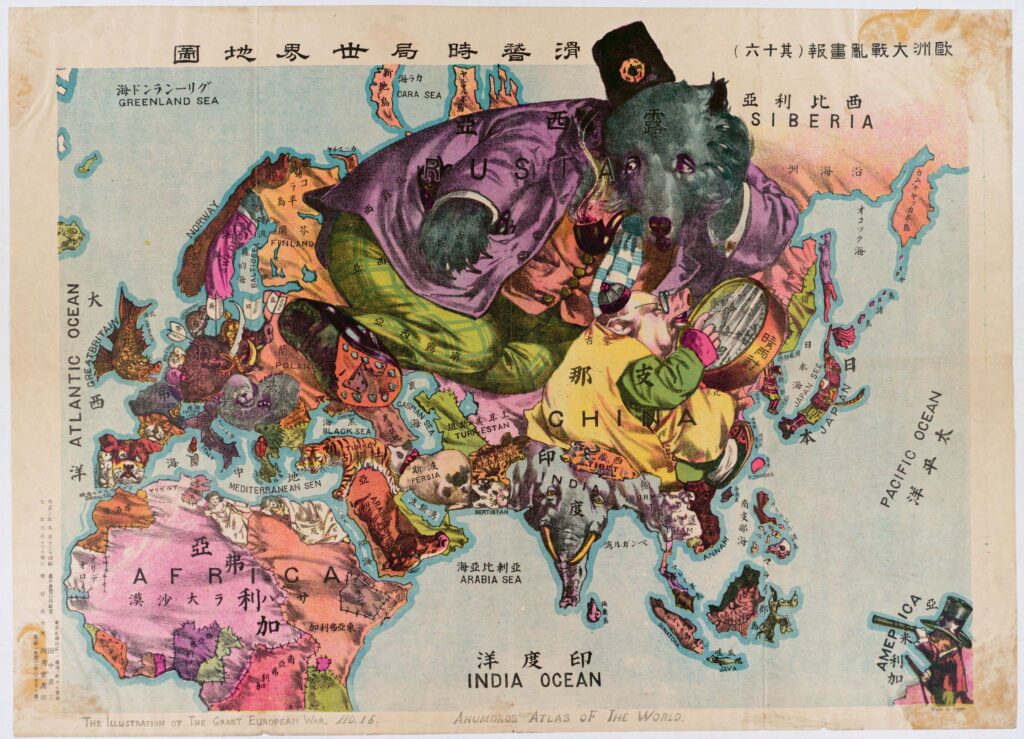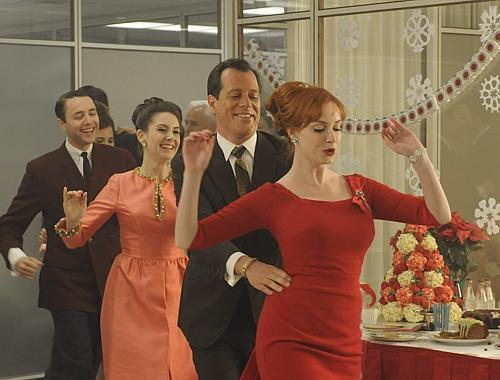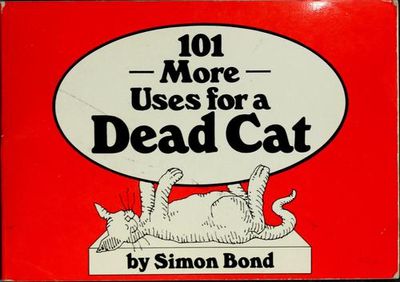It’s elementary
I really do mean to write something more cheerful. Also better informed by things I actually know something about. But bouyed up by modest success as an armchair general, I’m going to allow myself another prediction and some pertinent, searching observations, and then I will get back to writing something about cooking or the school run or something. Maybe offshore banking on a budget? Somehting along those lines. Promise xx.
One. When this business in Ukraine is over, whatever the outcome, it will become clear that all along, it was really about resources. So far, so unsubstantiated, but bear with me. Thus far, the narrative in the West has been about Vlad the Bad coming to terms with the insecurities and violence of his own upbringing by making sure that as many people as possible get to feel just how miserable it really was for him. Hence, there are several Vlad-themed bioplic-type things around at the moment, including the Beeb’s own Putin (see what they did there?). It’s not at all bad, and not wrong, but it’s also not everything, though in fairness, I suppose it doesn’t claim to be.
There’s also lots of talk about buffer zones and Nato and all that jazz, and I also don’t think that’s not true. Also the increasing prosperity and democratisaton of Ukraine was definitely another good reason for Vlad to get in early while he still might have a chance. But there are, I suspect, other things too, especially as Vlad the not so Mad is known for his long game.
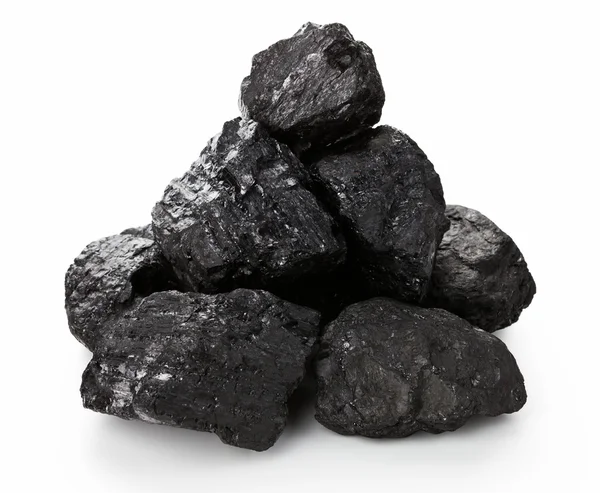
I’m sure I remember Tim Marshall’s Prisoners of Geography (2016) being discussed on Start the Week, but I can’t obviously find it. Anyway, the gist of the opening essay is essentially that Russia was always going to want to invade Crimea (and ideally, a land corridor to it as well) as soon as Ukraine could no longer be considered a vassal state. This was for the geopolitical reason that Russia didn’t otherwise have a warm-water port of its own but considered secure access to one (and the resulting route through the Mediterranean to the Atlantic), to be a strategic imperative. Russia was therefore always going to invade and any western pressure to reconsider was always going to fall on deaf ears. Crimea was always going to be a write-off. The annexation of Crimea was back in 2014 and the present conflict is, in part, an attempt to cement that. Should some sort of peace settlement be reached, it will no doubt involve the ceding of Crimea and a chunk of south coast to Russia.
Listen to me, like I know anything about geopolitics. Anyway, (this was supposed to be short), my hunch is that there are other geopolitical ‘pickings’ to be had that are not being overtly acknowledged (quite possibly because I’m completely wrong). Is is it not the case that Ukraine is pretty stuffed full of coal? ‘But who cares about coal?’ I year you ask. OK, how about iron ore? That’s a bit more useful. Gas? mmmm, particularly given the current reliance on, oh, Russia. Titanium? also in short supply now Russia’s in the bad books, as are non-ferrous metals.
This is (almost) pure speculation, but how would Russia feel about Europe getting its corporate paws on all those lovely ‘resources’, and simultaneously becoming less reliant on Russia? As a Russian autocrat, wouldn’t that be a poweful incentive to get there first, thus maintaining a monopoly (or oligarchical) position along with its associate political leverage? Just a thought.
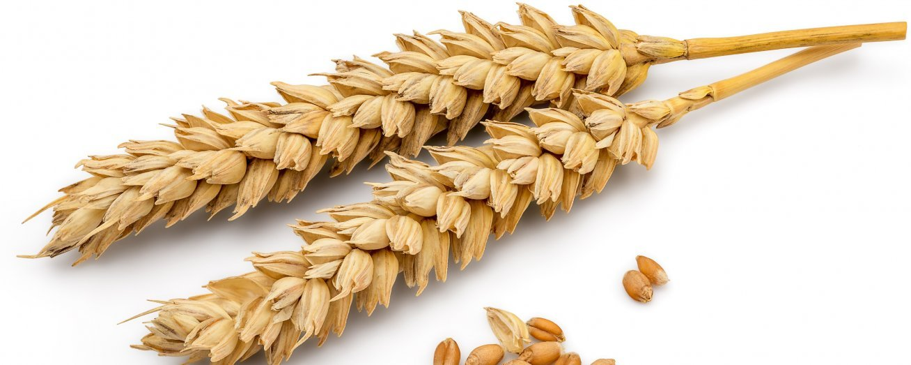
Not only is HCL an armchair general, but now also an industrialist! I know!! The effect of a likely reduction in Ukranian wheat exports on Africa is something that has been talked about in the general media, but the actual picture seems somewhat more complex. Ukraine’s biggest agricultural export markets (includes corn, wheat, sunflower seed (for oil)) are in fact the EU, China, India, though wheat does also go to Egypt and Morocco. Perhaps there are knock-on effects though from the general disruption. I digress (again): the point was only to wonder: was control of agricultural resources also a factor in Vlad’s plan? By the way, these wonderings are based on the assumption that the original political purpose of the invasion was to re-shape Ukraine into somehting like Belarus, i.e. a subsidiary and subservient partner of the mother nation. This, by the way, and I only realised this earlier, was the official model for the USSR: Ukraine, Georgia, the ‘Stans, and so on were, officially, republics on an equal footing with Russia (hence United Soviet Socialist Republics – plural). It was just that one happened to be more equal than others.
Population

Russia’s population is shrinking. Actually, that reminds me just how good the BBC Rethink series on population was. I’m not going to go on at length and am definitely not claiming that one of the aims of invading Ukraine was to restock the population but, given that it is such a structural problem I do wonder if it was a factor somewhere? Perhaps something along the lines of ‘restoring pride and prosperity to Russia will give some knock-on boost to population’?

